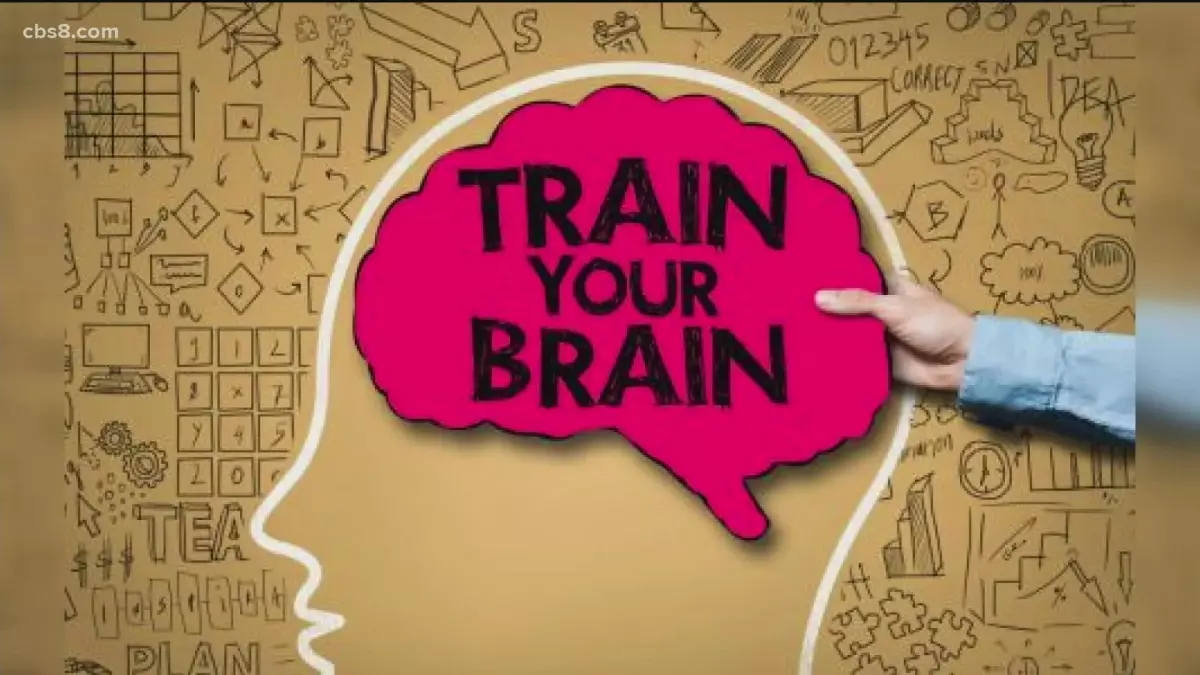Fascinating Facts About the Influence of Music on Memory
All of us have experienced that moment when a tune starts to play, and suddenly, we're transported back to a particular time, event, or emotion. Sometimes it’s powerful enough to bring us to tears or make us laugh. It's a fascinating phenomenon how music has such a significant influence on our memory. So, what's the science behind this? Let's dive deep into the fantastic world of music and explore some interesting facts about its impact on human memory.
Fact 1: Music Activates Both Hemispheres of the Brain
While music seems to be a simple pleasure, it engages more parts of our brains than any other human function. The rhythm and beat activate the left side of the brain, facilitating its logic-based functions, whereas melody and lyrics stimulate the creative processes in the right hemisphere. This simultaneous engagement affects our ability to recall information, making information learned while listening to music easier to remember.
Fact 2: Music Enhances the Encoding of Memory
Memory formation involves three primary stages - encoding, consolidation, and retrieval. Research has indicated that music facilitates the first step, encoding, by maintaining our attention and arousing emotional responses. The more you’re engaged and interested, the more likely you are to remember something.
Fact 3: Music Can Trigger Autobiographical Memories
Ever wonder why a certain song brings back vivid memories? This is due to the linkage between music and autobiographical memories. Studies have shown that listening to music, especially tunes that were popular during significant periods in our lives, can trigger a cascade of interconnected memories, painting a vivid picture of past events.
Fact 4: Therapeutic Effects of Music on Memory Disorders
Several musical therapies have been devised to decelerate the mind deterioration process in Alzheimer's patients. These therapies involve singing familiar songs, playing familiar tunes, and even composing new music. The reason behind this is the pattern-recognition and emotional elements present in music.
Fact 5: Mozart Effect - Classical Music and Memory
In the early 90s, a significant phenomenon called the Mozart Effect was widely discussed among scientists. According to the Mozart Effect, listening to Mozart's music may induce a short-term improvement on the performance of certain kinds of mental tasks, with notable benefits on memory. This theory, while not universally accepted, has prompted further research into the influence of different kinds of music on cognitive capabilities.
Fact 6: Repetition in Music Enhances Memory
One of the reasons why music is an excellent tool for memory is its repetitive structure. Our brains love patterns, and as music is filled with repeating sections and familiar beats, it's an ideal mnemonic tool. That's why most of us can probably recite song lyrics from a decade ago much easier than a list of historical dates studied in school.
Although more research needs to be done to fully understand the extent of music's influence on memory, it's clear that the interplay between music and memory is powerful and intricate. Its significance is seen in therapy rooms, classrooms, and everyday life. So the next time you hear a familiar song, embrace the memories it brings – it's all part of your brain's fantastic functionality!










